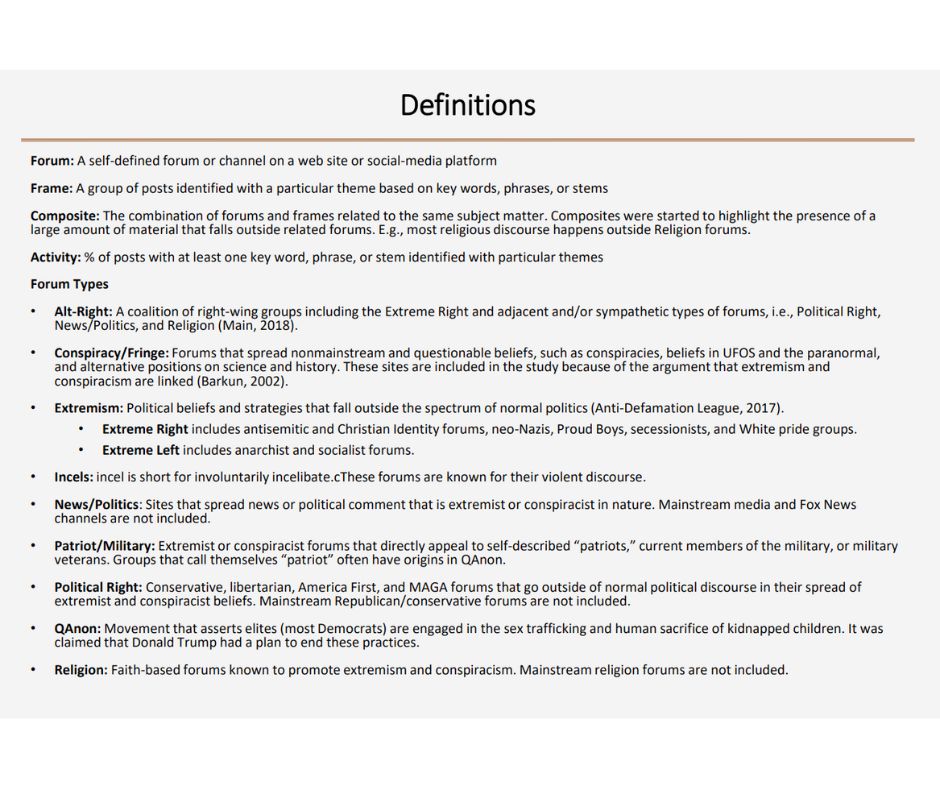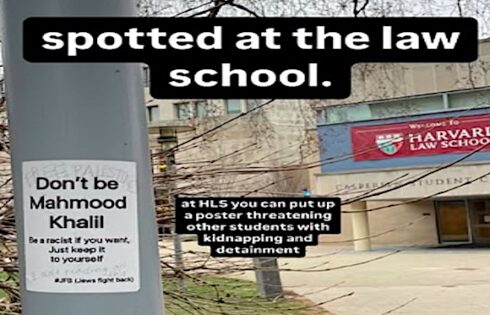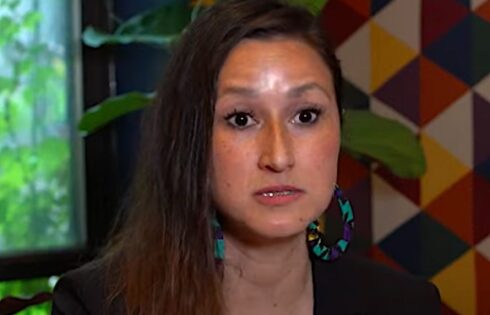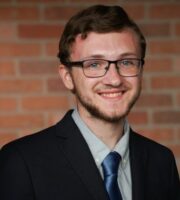
YSU researcher objects to ‘rumors’ of political bias
A Youngstown State University study purporting to address online “radicalization” and funded by the federal government has drawn concern from a free speech group.
However, the lead researcher behind the project says he is looking at different types of extremism from various political ideologies.
The Department of Justice’s National Institute of Justice awarded $449,897 to YSU for the project, “A Frame Analysis of Violence and Accelerationism in Cognitive Radicalization,” which has almost five years left until completion.
The study will “measure and examine the content of violent extremist and accelerationist discourse using social-media posts from a group of platforms known to host concentrations of extremist material,” according to an abstract.
“The research also attempts to trace connections between this material and historic texts tied to or appropriated by extremist groups,” the page reads.
Professor Richard Rogers is leading the research and urged caution before jumping to conclusions about his study based on the name alone.
“Rumors are floating around about this research being some kind of DOJ initiative targeting specific groups, and that is just not the case,” the criminologist said in an email to The College Fix. “There is no big political operation or psyop here.”
The Fix asked how Rogers identifies “violent” discourse and what is outside of “normal” discourse. The study repeatedly asserts that “mainstream” views and “normal” discourse are not part of its focus.
Rogers said he is “still working through” his definition of extremism and said “there is some ambiguity here on the boundaries between normal and extreme.”
“In terms of the web, think of material somewhere to the left of CNN and to the right of the Fox News site as extreme,” Rogers told The Fix.
He said his research contains no “sites affiliated with a political party, candidate, or campaign staff” and his team hopes to “keep out of politics as best we can.”
His website currently lists five “general sites” for reference, including “Right Wing Watch” and the Southern Poverty Law Center, as well as the Anti-Defamation League.
Rogers is also using PolitiFact and Snopes as “factchecking” resources.
Rogers also said he uses digital tools to track certain words for violent language, adding that he has not yet resolved the issue of separating discussions about violence from endorsements of violence.
“One of the things that surprises me is no one is noticing that the Extreme Left is included in the study as well as the Extreme Right,” Rogers said. “You know, all those folks arguing that the left is more violent than the right. We think we can shed light on this debate.”
The scholar said he will publish more data on Extreme Left content in the coming months.
Additionally, “the study does not treat policy disagreements as misinformation,” according to Rogers. “The claim that COVID was a hoax is misinformation, but we take no position on policy issues like the debate over universal mask policies or lockdowns.”
YSU’s grant is part of a broader federal program on “domestic radicalization and violent extremism.” It supports “research and evaluation projects targeted toward developing a better understanding of the domestic radicalization phenomenon and advancing evidence-based strategies for effective intervention and prevention,” according to a DOJ document.
He has been releasing his results incrementally in the past several months.
Much of the data focuses on the “Alt-Right,” defined as “a coalition of right-wing groups,” including “conservative, libertarian, America First, and MAGA forums that go outside of normal political discourse in their spread of extremist and conspiracist beliefs.”
The “Alt-Right” also includes “neo-Nazis, Proud Boys, secessionists, and White pride groups” as well as “faith-based forums known to promote extremism and conspiracism.”

A group called the Foundation for Freedom Online criticized the research’s use of “broad-brush labels” such as “Christian Radical Right.”
The Foundation for Freedom Online detailed in a series of reports how YSU is tracking right-leaning webpages, discussion boards, social media posts, and a British journalist named Graham Hancock, who theorizes about lost civilizations.
Rogers wrote that he monitors “alternative positions on science and history” based on “the argument that extremism and conspiracism are linked.”
Hancock dismissed the FFO’s concerns in a comment to The College Fix.
“The short answer to your query is that Foundation for Freedom Online appear[s] to be making much ado about nothing,” Hancock said, pointing to a Daily Caller editorial that defended Rogers’ work.
Rogers told the Daily Caller’s Kay Smythe that Hancock’s writings are “pseudo-archeology” but that his “forum will score below the mainstream benchmarks on violent language.”
“I see no evidence so far that fringe communities breed violence in isolation of other factors,” Rogers also said.
YSU aims to use Rogers’ data to help “professionals outside of law-enforcement and security-related occupations” address “online radicalization threatening their areas” in the newer project, the grant page says.
The government’s document says grant awardees must “anonymize data and personally identifiable information” used in their work.
The FFO, which advocates against “internet censorship” and government surveillance, warned that Americans could be wrongly treated as potential threats based on the research.
“If you’re an American who’s expressed their opinion online about Christianity, about libertarianism, about child sex trafficking, even about UFOs or lost ancient civilizations, there’s a strong chance your posts have been tagged, monitored, and assessed for signs of so-called violent extremism – with the blessing and financial support of the DOJ,” Executive Director Mike Benz said in an email to The College Fix.
But the initiative itself is more radical than many of its targets, according to Benz, who worked for the State Department on communications and information technology before founding the FFO.
“If you heard that the Justice Department of the United States paid someone to monitor your online activities, your first question is going to be ‘what crime have I committed?’” Benz told The Fix. “Millions of people who would never dream of committing a crime are now going to be asking themselves that question, because that’s the number of innocent people whose online speech has been monitored by [one] of these DOJ-funded programs.”
The Fix asked the DOJ’s Office of Justice Programs twice in the past two weeks how research on misinformation and extremism might be used for government works but did not receive a response.
MORE: Harvard ‘Social Media Lab’ will explore Internet ‘governance infrastructure’
IMAGE: Matt Gush/Shutterstock.com
Like The College Fix on Facebook / Follow us on Twitter






Please join the conversation about our stories on Facebook, Twitter, Instagram, Reddit, MeWe, Rumble, Gab, Minds and Gettr.